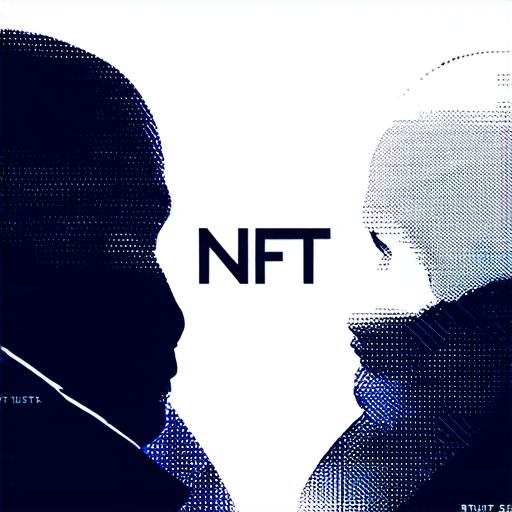In recent years, non-fungible tokens (NFTs) have gained immense popularity in the gaming industry.
These unique digital assets allow game developers to create and sell exclusive items, characters, and collectibles to players, opening up new revenue streams and enhancing player engagement. However, as NFT ownership becomes more prevalent, questions about its legality have arisen.

The Legal Landscape
Firstly, let’s define what an NFT is. An NFT is a unique digital asset that represents ownership of something tangible, such as art, music, or collectibles. NFTs are stored on blockchain technology and can be bought, sold, and traded like other assets.
In the gaming industry, NFT ownership raises several legal questions. For example, are NFTs considered property? Are they subject to taxation? And what happens if an NFT is lost or stolen? These questions are not yet definitively answered, but there are some general guidelines that game developers should be aware of.
Ownership of NFTs as Property
In the United States, ownership of NFTs is generally viewed as property under common law. This means that if an NFT represents ownership of something tangible, such as a virtual item or collectible in a game, then it can be considered property. However, the legal status of NFTs as property is not yet definitively established, and there are some exceptions to this rule.
For example, some courts have ruled that certain types of digital assets, such as cryptocurrencies, are not considered property under state law. It’s possible that similar rulings could apply to NFTs in the future, particularly if they are seen as more akin to digital currency than tangible items.
Tax Implications of Owning an NFT
Another legal question that arises with NFT ownership is taxation. In the United States, the Internal Revenue Service (IRS) has not yet issued specific guidance on how to tax NFT transactions. However, it’s likely that NFT sales and trades will be subject to capital gains tax in the same way as other assets, such as stocks and real estate.
Game developers should also be aware of state-level taxation laws. Some states have implemented their own taxes on cryptocurrency transactions, and it’s possible that similar taxes could apply to NFT sales and trades in the future. It’s important for game developers to stay up-to-date on these regulations and ensure they are in compliance with all relevant tax laws.
Security of Owning an NFT
Finally, there are concerns about the security of owning an NFT. While blockchain technology is designed to be secure, there have been instances where NFTs have been lost or stolen. Game developers should take steps to protect their players’ NFTs and ensure that they can recover them in case of loss or theft.
One way to do this is by implementing strong authentication protocols, such as two-factor authentication, to prevent unauthorized access to player accounts. Game developers should also consider implementing insurance policies or other forms of protection for their players’ NFTs, in case of loss or damage.
Real-Life Examples of NFT Ownership
To illustrate the legal aspects of owning an NFT, let’s look at some real-life examples from the gaming industry.
One high-profile example is CryptoKitties, a blockchain-based game that allows players to breed and sell virtual cats as NFTs.
